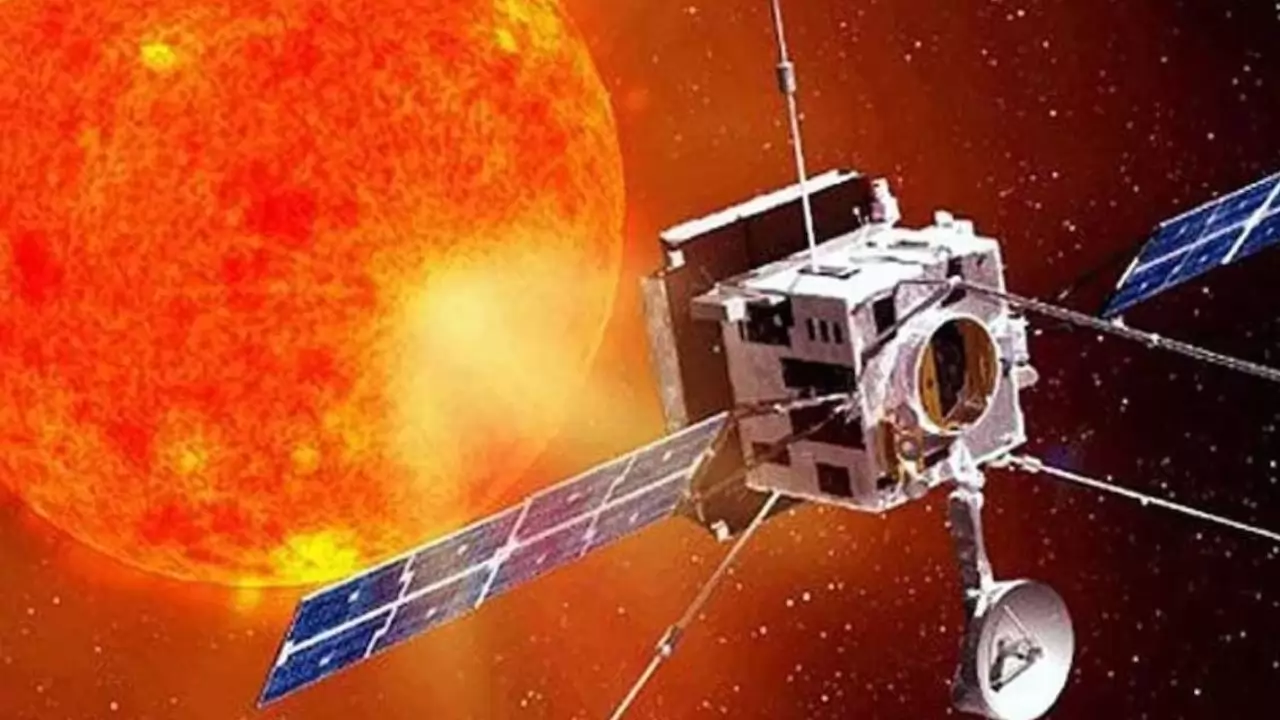
X
In a significant milestone for space exploration, the Indian Space Research Organisation's (ISRO) Aditya-L1 solar probe has successfully completed its first orbit around the Sun-Earth L1 point. This achievement marks a crucial step forward in India's solar research and highlights the nation's growing capabilities in space science.
The Aditya-L1 mission, named after the Hindu sun god Aditya, is India's first dedicated solar observatory mission. Launched by ISRO, the mission aims to study the Sun's outermost layer, known as the corona, and to understand the various processes that drive space weather. The spacecraft is positioned at Lagrange Point 1 (L1), a stable point in space where the gravitational forces of the Earth and the Sun balance each other, allowing for continuous observation of the Sun.
Aditya-L1: Celebration of First Orbit Completion 🌞🛰️
— ISRO (@isro) July 2, 2024
Today, Aditya-L1 completed its first halo orbit around the Sun-Earth L1 point. Inserted on January 6, 2024, it took 178 days, to complete a revolution.
Today's station-keeping manoeuvre ensured its seamless transition into… pic.twitter.com/yB6vZQpIvE
Completing the first orbit around the Sun-Earth L1 point is a remarkable feat for the Aditya-L1 mission. This achievement not only demonstrates the precision and reliability of ISRO's technology but also sets the stage for the spacecraft to carry out its primary scientific objectives. The data gathered from this orbit will provide valuable insights into solar activities and their impact on space weather.
Aditya-L1 is equipped with seven scientific instruments designed to study different aspects of the Sun. These instruments will measure the solar corona's magnetic field, study the dynamics of solar flares, and observe the solar wind's properties. The mission's primary goals include understanding the heating mechanism of the corona, investigating the origin of solar winds, and exploring the causes of solar eruptions.
Studying the Sun is crucial for several reasons. The Sun's activities, such as solar flares and coronal mass ejections, can have significant impacts on Earth's space weather, affecting satellite communications, power grids, and even the safety of astronauts. By understanding these processes better, scientists can develop more accurate models to predict space weather events and mitigate their effects. The Aditya-L1 mission is part of a broader international effort to study the Sun and its influence on the solar system. ISRO collaborates with various space agencies and research institutions worldwide to share data and enhance the understanding of solar phenomena. The success of Aditya-L1's first orbit around the L1 point paves the way for future missions and strengthens India's position in the global space community.





Copyright © 2026 Top Indian News
